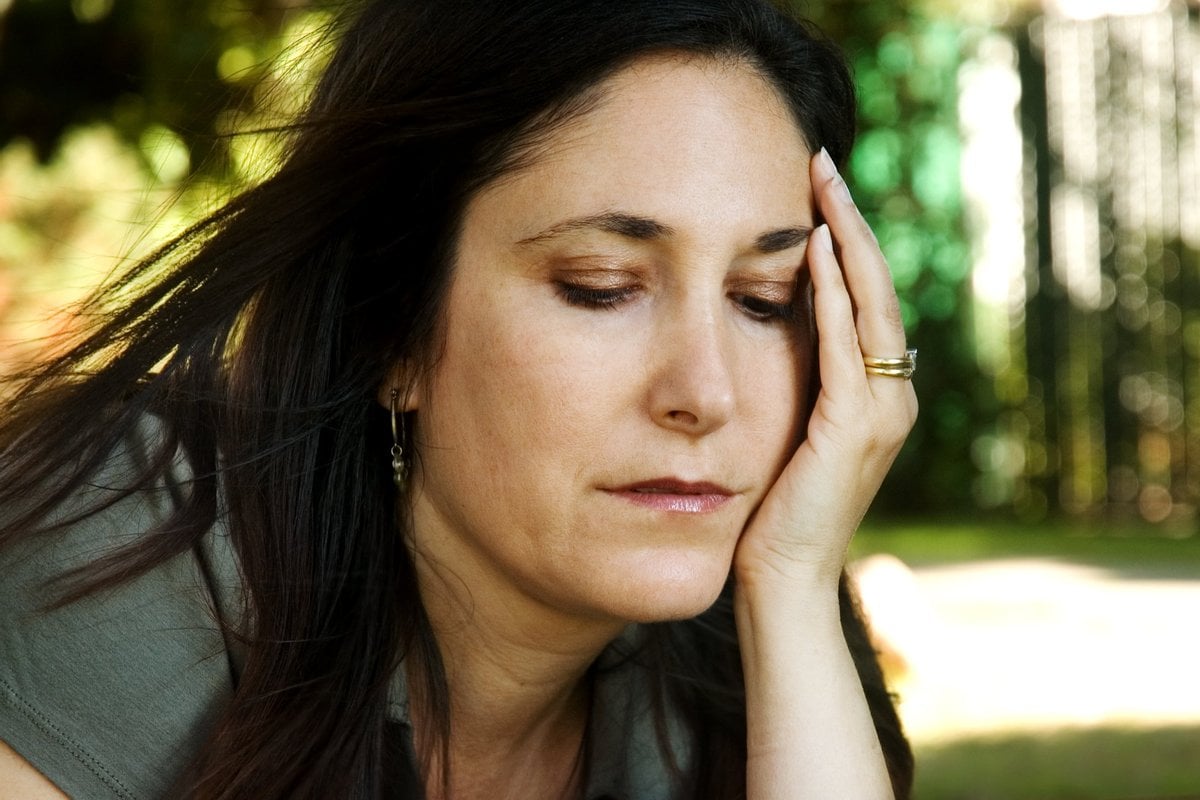
For some, an inheritance isn't just a source of income – it's guaranteed security for a comfortable future.
But with an inheritance can come added pressure and, in some cases, a lot of drama.
Watch: 5 money lessons your parents told you, that you should probably forget... Post continues after video.
That was the case for Adi, who asked for help on Quora – not about her own inheritance, but that of her late husband.
"My husband died 20 months ago and now his siblings are demanding for me to return what he inherited from his father 10 years ago. Can they legally do that?" she asked on the question-and-answer website.
Adi revealed she and her late husband had started a family together before his death and he had left everything in his will to his wife and children.
The bizarre situation was rationalised by many who argued it was absolutely in her in-laws' right to demand the inheritance left behind by her late husband's own father – as it is Adi's right to impolitely refuse them.
"Ultimately, it doesn’t matter much how you blow them off, as long as you do," one person wrote. "Bottom line, whatever your husband inherited became his property, and if it became your joint property as his wife or you inherited it from him when he died, it's now your sole property."
Others argued an inheritance technically does belong to the brothers and sisters of the deceased – which was quickly refuted.
"I am not understanding the logic of some that say it does not belong to this widow and her children. If it is an heirloom, and it was passed down to her husband and then his heirs, his own children [then that is perfectly acceptable]," one person wrote. "The children are still family, the grandchildren of the deceased father-in-law."

Top Comments